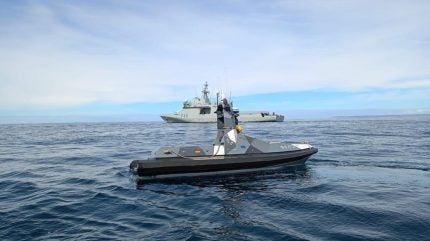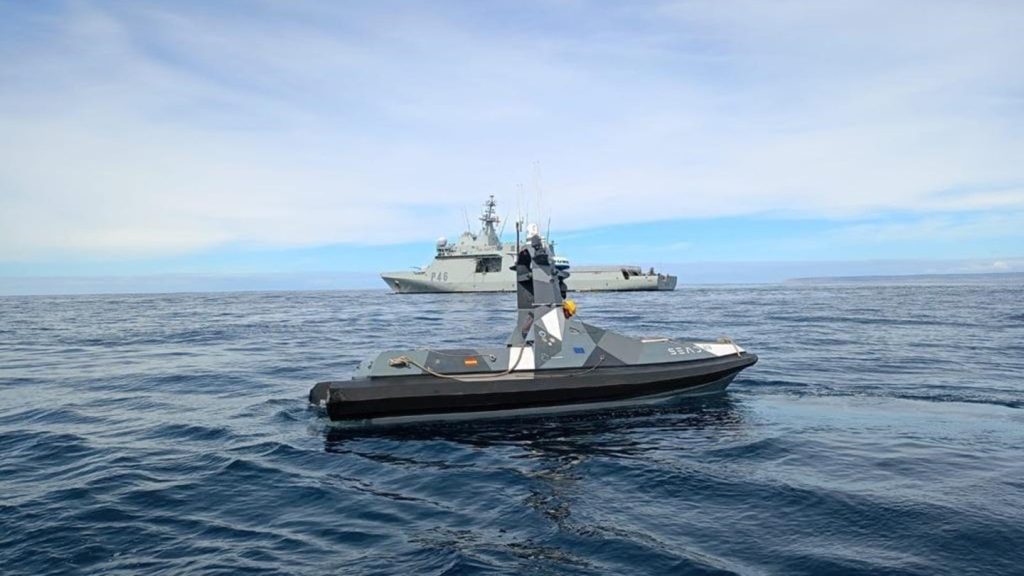
Nato’s Standing Naval Forces will engage in a series of exercises in the Baltic Sea to enhance the integration of uncrewed vessels into their maritime operations throughout this month.
These demonstrations are a precursor to the Dynamic Messenger exercise planned for autumn in Portugal and are part of Nato’s Task Force X innovation initiative.
The initiative is a collaborative effort involving Nato’s Allied Command Transformation (ACT), Allied Maritime Command (MARCOM), the Centre for Maritime Research and Experimentation (CMRE), and participating Allied nations.
The Baltic Sea will host numerous experimentation activities aimed at garnering valuable knowledge regarding the optimal deployment of these uncrewed vessels in vital maritime settings.
Allied Maritime Command commander Royal Navy vice admiral Mike Utley said: “We remain focused on testing the alliance’s ability to trial and integrate uncrewed systems into a networked operational environment.
“These trials are focused on operational output and enhancing the spiral development of both Nato’s innovation teams and the national initiatives of allies. Our objective is to deliver uncrewed systems to Nato’s Standing Naval Forces with speed and scale, in the most relevant operational environments, further building on the military advantage of the alliance.”
The partnership between ACT and MARCOM extends to delivering capabilities such as autonomous systems and AI. These technologies are intended to improve situational awareness of sea lines of communication and protect critical undersea infrastructure.
Nato’s Task Force X initiative has been providing uncrewed vessels for experimentation and integration into Nato’s maritime forces.
The initiative has gained momentum following recent cable disruptions, merging enhanced vigilance activities with advanced autonomous systems to support Allied Command Operations.
Drawing from successful models like the US Navy’s Task Force 66, Task Force X employs maritime uncrewed systems for persistent surveillance and threat detection. It allows nations to contribute their capabilities while ensuring they fit within Nato’s overall framework.
The CMRE will also participate with its deployment of the Nato Research Vessel Alliance, which is the organisation’s only scientific-research vessel designed specifically to support the alliance’s operational priorities at sea.
Nato Allied Command Transformation is responsible for strategic warfare development, focusing on innovating and maintaining a warfighting edge to enhance the military effectiveness of the alliance.
In May 2025, the UK Royal Navy contracted the Nato Support and Procurement Agency (NSPA) to provide fuel and other port services on a global scale for the next ten years.



